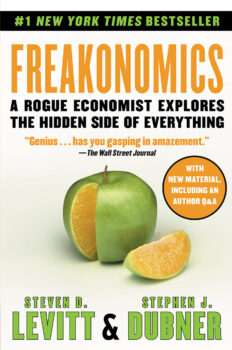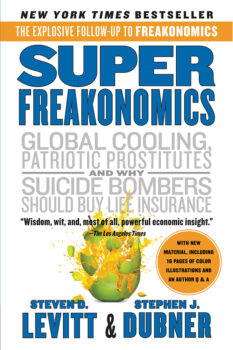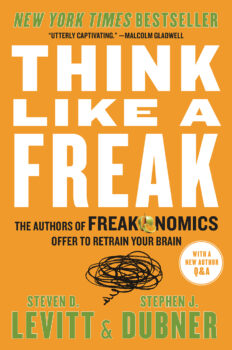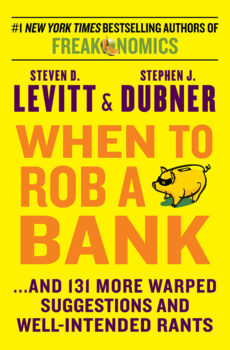The Most Valuable Train Ticket Ever?
A very good report on WNYC by Sarah Gonzalez about the homeless people who live in New Jersey train stations, and how they’re generally allowed to stay as long as they have a valid train ticket:
“I have a ticket, okay. This is what you need to have to stay in,” [John] Williams says. “If you doesn’t have that you’re going to have to go out in the cold.”
He doesn’t need to buy a train ticket every night in order to sleep on the benches.
“No I don’t buy a ticket every night. I buy a ticket one time, as long as it’s not punched it’s good. As long as it doesn’t have a hole in it. I done had this for two months.”
Once you’re on a train, conductors, which cost taxpayers about $30 million a year, come by with a hole-puncher, manually punching two holes in every passenger’s ticket.
If you never get on a train to get your ticket punched, your ticket will never expire.
Some of the homeless people at Newark Penn Station have been there for years. One has been at the station for 19 years; another for 26 years.




